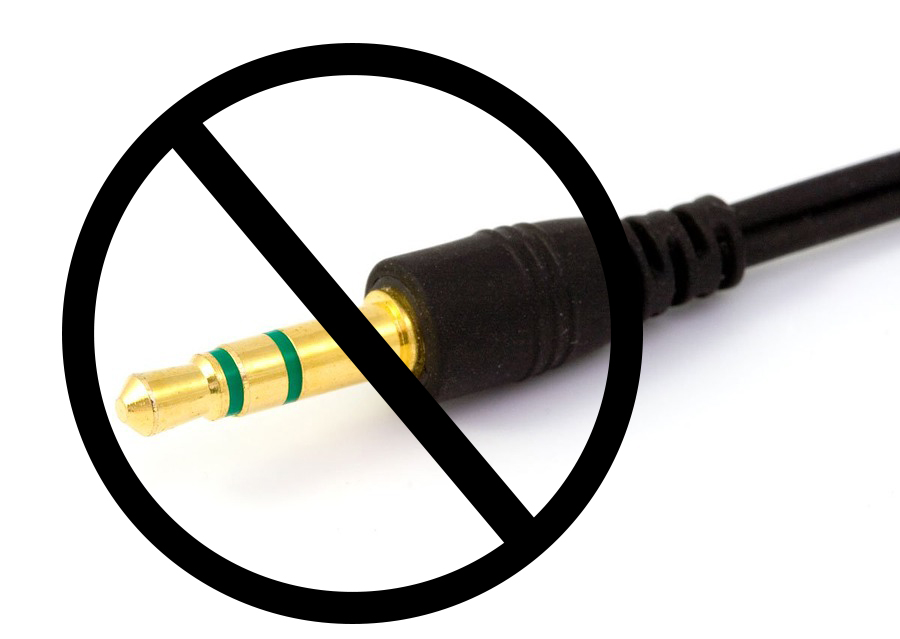
Common Misconceptions about Wireless Audio
Get All the Facts about Wireless Systems
People tend to have strong opinions about wireless audio – they either love their wireless systems, or they refuse to consider adding one to their homes. Why are these views so polarizing? It’s often due to some misconceptions that are pervasive in discussions and descriptions of audio systems. Below, we outline these misconceptions and seek to set the story straight about the real features, benefits, and drawbacks of going wireless in your Cherry Hill, NJ home.
Wireless Speakers are Completely Wireless
Wireless means wireless, right? Well, not exactly. Typically, wireless speakers have a transmitter and receiver built directly into the device instead of relying on a wire to send the audio signals. However, what most people don’t think about is that the speakers still require electricity. Unless you’re going for battery-powered speakers (which we would not recommend), you’re still going to have a power cord to contend with.
It Doesn’t Sound as Good as Wired Audio
This type of blanket statement is sometimes true, sometimes false. There are many wireless speakers out there that sound terrible, but there are also wired systems that sound just as bad. As wireless technologies have improved over the years, many reputable audio companies have developed speakers that sound incredible even though they rely on wireless signals. Instead of assuming that one style is going to sound better and invest in a sound system on that belief alone, you’re far better off going to an audio showroom and testing out the different options in person.
Wireless Speakers are Always Unreliable
Your wireless audio may indeed be prone to dropped signals and spotty connections…if it isn’t set up properly. Many of these sound systems rely on the same Wi-Fi network you use for your internet connection, although others may use Bluetooth or WiSA (Wireless Speaker & Audio)-Certified speakers to send audio signals. If your smartphone isn’t picking up the Wi-Fi signal, is it a problem with the phone? More likely, it’s a problem with the network. By using high-quality speakers and a well-configured wireless network, you should have no problems with reliability.
SEE ALSO: Should You Be Using Wi-Fi or Bluetooth for Your Wireless Audio?
You Can Place Wireless Speakers Anywhere
One of the biggest selling points about wireless speakers is that you’re not limited to placing them within a cord’s reach of the receiver. But remember: you’re still limited to areas with easy access to outlets for power. Another consideration is that wireless signals are often affected by the items throughout your home, such as large appliances or thick walls. Your audio professional will be able to assess the unique layout and design of your home and then develop a plan for the best spots to place the speakers to achieve optimal sound dispersion and performance.
If you’re still not sure whether wireless or wired is right for your high-performance audio system, then now is the perfect time to contact us for an in-home consultation. After exploring the options with an audio expert, you can rest easy knowing you’re getting the best audio for your home.




